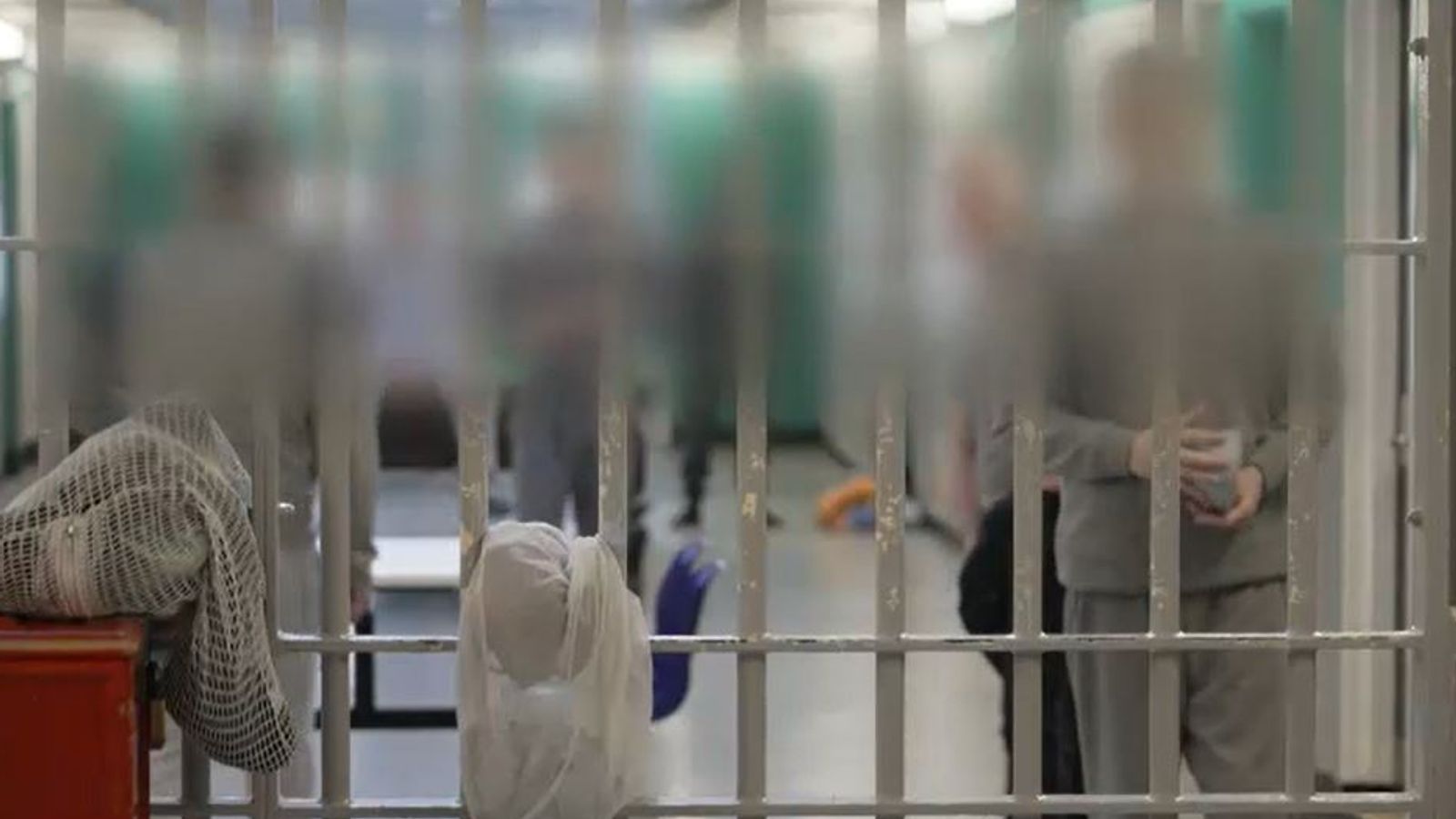U.K News
Prisoners being sent back to jail because it’s the ‘easiest thing to do’, chief inspector of probation says

The Revolving Door of Recalls: Understanding the Issues in Probation and Prison Overcrowding
The issue of prisoner recalls has become a significant challenge in the criminal justice system, with many being sent back to jail not for posing a public threat, but due to systemic pressures and minor infractions. This problem is highlighted by the chief inspector of probation, Martin Jones, who notes that the system is overwhelmed, leading to recalls as the easiest solution rather than a necessity for public safety.
Rising Recall Rates and Their Implications
The number of prisoners being recalled has more than doubled in the last decade, now constituting 15% of the prison population. Recent data shows nearly 10,000 recalls in a single quarter, a 42% increase from the previous year, indicating a high rate of recidivism. For every 100 releases, 67 individuals are sent back, suggesting a strained probation system struggling to manage caseloads effectively. This trend contributes to prison overcrowding without a corresponding improvement in public safety.
Understanding the Reasons Behind Recalls
A significant proportion of recalls—about 73%—are due to non-compliance with probation conditions, such as missing appointments or curfews, rather than new offenses. Only 24% of recalls are due to new charges. Homelessness is a critical factor, as individuals without stable housing cannot meet probation requirements, leading to recalls for issues like uncharged GPS tags, creating a cycle of reincarceration for non-criminal reasons.
Policy Changes and Their Impact
Recent policy changes, such as early release schemes and extended probation periods, have increased the number of individuals under probation supervision. Before 2014, those sentenced to less than a year didn’t require monitoring, but now they do, adding to caseloads. Additionally, the introduction of fixed short-term recalls for minor offenders has led to multiple reincarcerations for the same individuals, contributing to the revolving door effect in prisons.
The Human Cost and System Failures
Ex-offenders and support organizations share stories of a system failing to rehabilitate. Many are recalled for minor issues, such as missing appointments or homelessness, rather than new crimes. This lack of support for basic needs hinders successful reintegration into society, as highlighted by the charity Church on the Street, which witnesses the impact of recalls on communities and individuals.
The Path to Reform
The Ministry of Justice acknowledges the problem, attributing the overcrowding crisis to increased recalls and seeking reforms to the recall and re-release process. However, the situation remains dire, with prisons nearing capacity and the Parole Board backlog delaying re-release decisions. Addressing the root causes, such as homelessness and inadequate support systems, is crucial to reducing recalls and fostering rehabilitation.
In conclusion, the high rate of recalls is driven by systemic pressures, policy changes, and inadequate support for ex-offenders, leading to overcrowded prisons without enhancing public safety. Reform efforts are necessary to break the cycle of reincarceration and create a more effective and compassionate criminal justice system.


















